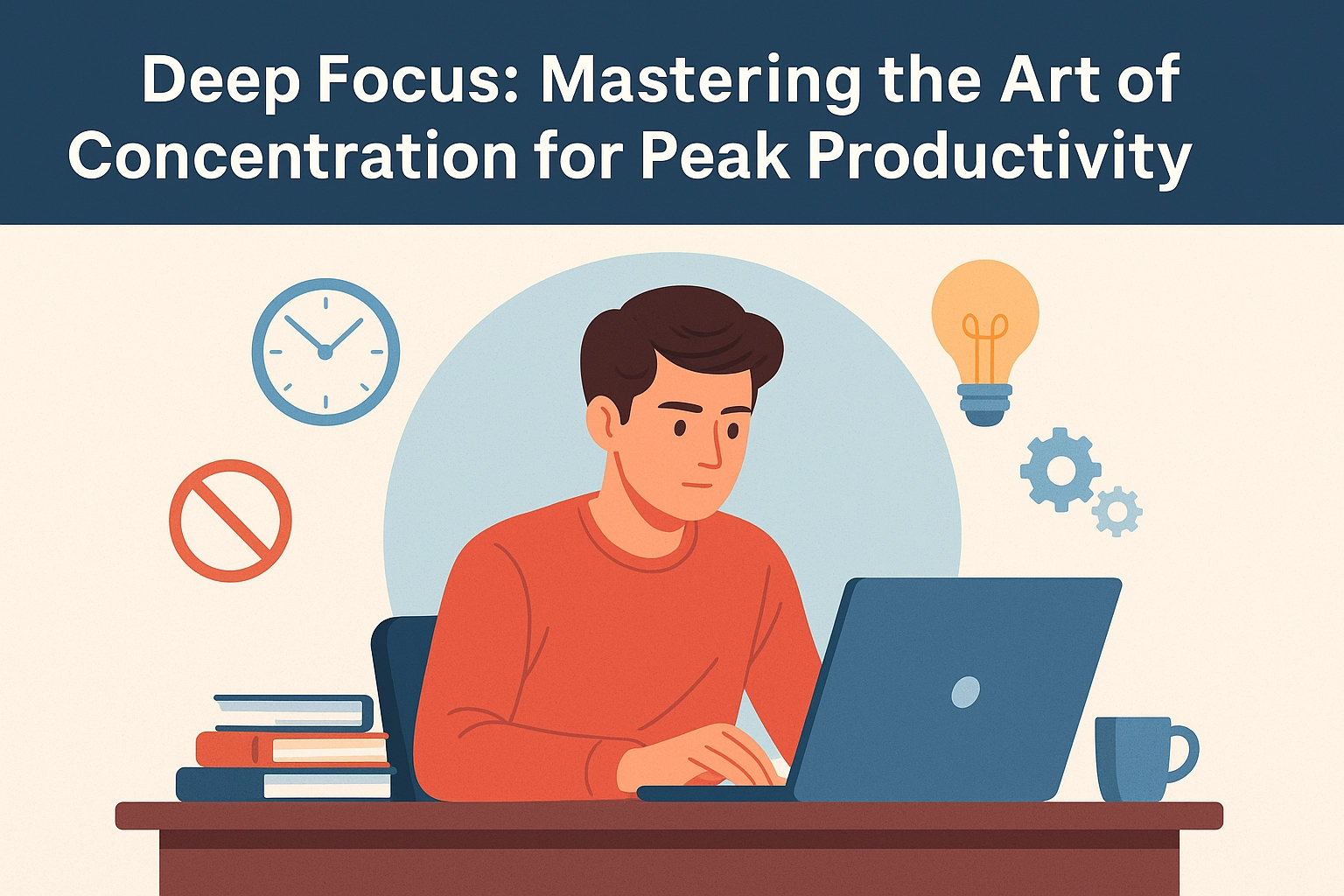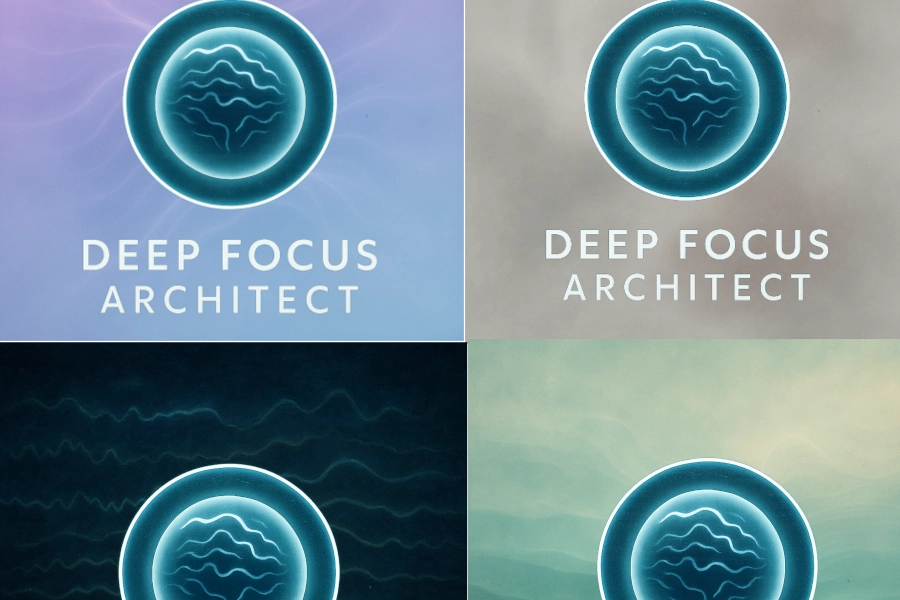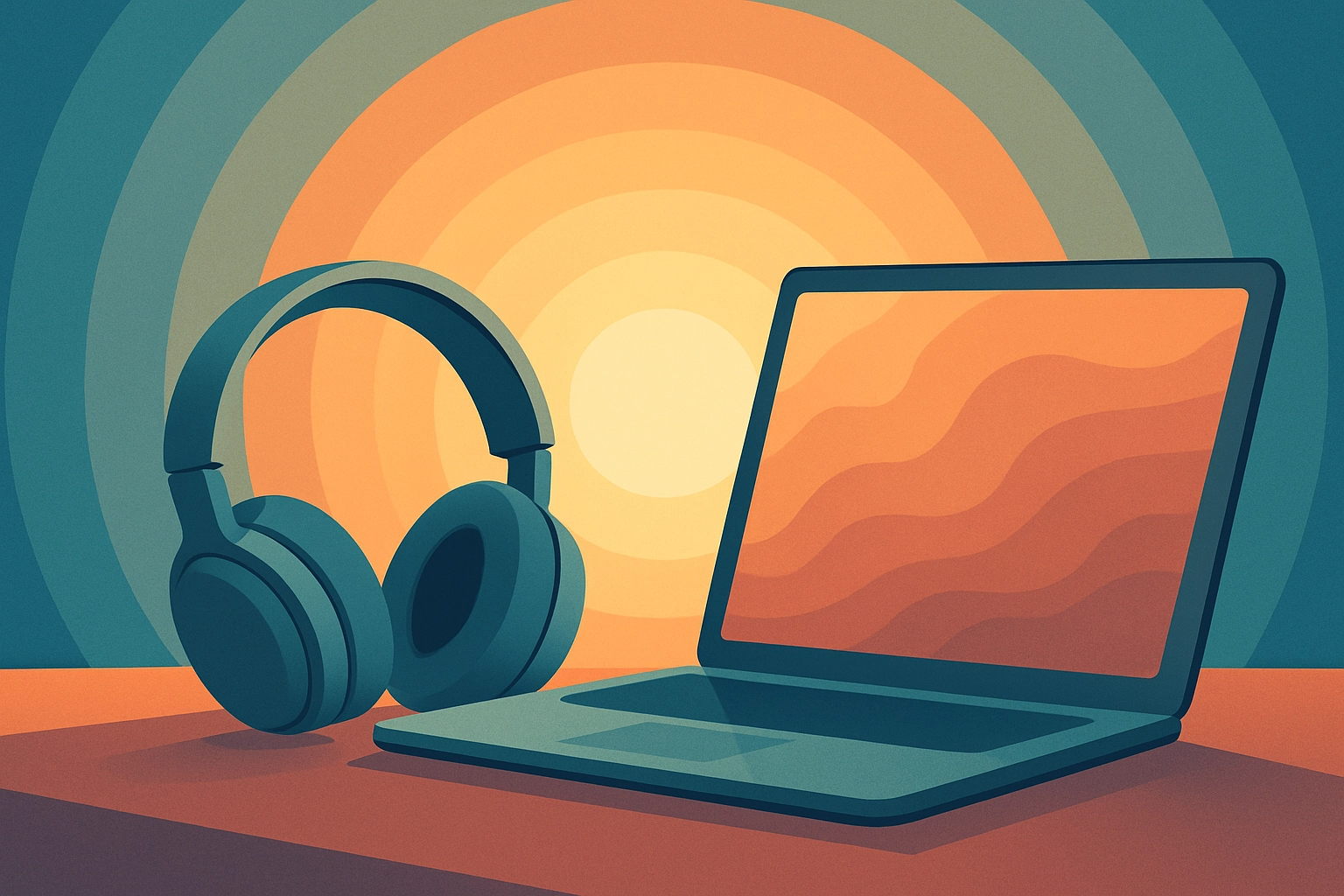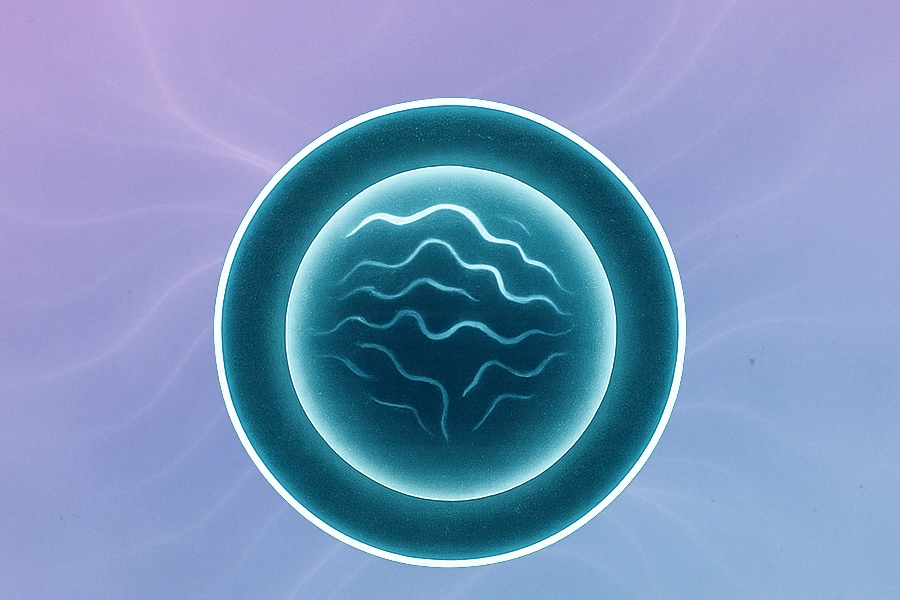· Deep Focus Architect · Focus · 4 min read
Deep Focus Mastering the Art of Concentration for Peak Productivity
Discover how deep focus can transform your productivity, mental clarity, and creativity in a world full of distractions. Learn the techniques, tools, and science behind mastering concentration.

Struggling to stay focused in a world of constant distractions?
Whether you’re writing, coding, studying, or strategizing, mastering the skill of deep focus can help you unlock your full potential.
Deep Focus Architect explores how to build an environment, mindset, and routine optimized for long stretches of concentration.
In this guide, we’ll break down the science, techniques, and tools behind deep focus — and how you can start training your brain today.
🧠 What is Deep Focus?
Deep focus is complete mental immersion in a single task, free from interruptions. It’s the opposite of multitasking — and it’s how top creators and thinkers do their best work.
- 🧩 Think problem-solving without context switching
- ✍️ Think writing without back-and-forth tab browsing
- 💡 Think high-output sessions where hours fly by
📚 Why Focus Matters More Than Ever
We live in the age of distraction. Research shows it takes 23 minutes to refocus after a single interruption.
That means even minor distractions — a ping, a quick email check, a headline — can tank your productivity for the rest of the hour.
Deep focus helps you:
- Finish more in less time
- Make fewer mistakes
- Enter a flow state more often
- Reduce mental fatigue and burnout
🔬 The Brain Science Behind Deep Focus
Deep focus isn’t just a habit — it’s a neurochemical state:
- Prefrontal Cortex: filters out distractions
- Norepinephrine: boosts alertness
- Dopamine: rewards focus and drives motivation
This trifecta helps you lock in, stay calm, and think clearly — even during complex tasks.
🛠️ How to Train for Deep Focus
Start with these three foundational techniques:
1. Pomodoro Technique
Work for 25 minutes, rest for 5. After four rounds, take a longer break. It builds endurance and keeps you from burning out.
2. Time Blocking
Schedule 60–90 minute chunks for focused work. Turn off notifications. Commit to a single task during that time.
3. Distraction Elimination
Create a clean, quiet space. Use tools like noise-canceling headphones or website blockers like Cold Turkey.
🔄 Build a Routine Around Focus
Peak focus doesn’t happen by accident — it’s built through routine.
- 🌅 Start with clarity: journal or meditate each morning
- 🥗 Fuel your brain: eat clean, stay hydrated
- 💤 Prioritize rest: 7–9 hours of sleep is non-negotiable
📱 Tools That Support Deep Work
- Forest: digital detox with a gamified tree-growing app
- Focus@Will: neuroscience-backed music for concentration
- Analog timers & journals: still powerful for blocking and tracking
👨🎓 For Students & Academics
Deep focus helps retain complex information, write better essays, and prep for exams.
Use active recall, spaced repetition, and set fixed study times. Turn study into a ritual, not a scramble.
👩💼 For Creatives & Entrepreneurs
Schedule your day around your “MIT” (Most Important Task). Tackle it in your freshest focus window — usually before noon.
Think in deep blocks. Batch emails. Protect your attention like a pro.
🧱 Common Myths to Ignore
❌ “Some people just aren’t focused.”
✅ Anyone can train focus — it’s a skill, not a trait.❌ “Multitasking gets more done.”
✅ It actually reduces productivity by up to 40%.
📊 How to Measure Your Focus
Keep a log of:
- Focus time vs. shallow time
- Tasks completed during each session
- Mental clarity before/after sessions
Reflection helps you course-correct and improve.
🌟 Real People. Real Focus.
From Bill Gates’ Think Weeks to J.K. Rowling writing in distraction-free cafés, focus powers success.
They schedule it. They defend it. They thrive because of it.
❓ Frequently Asked Questions
How long can I focus at once?
Most people peak at 90–120 minutes. Start smaller and build up.
Is focus possible in noisy environments?
Yes, with tools like noise-canceling headphones or ambient music.
Can I train myself to focus better?
Absolutely. Focus is like a muscle — it grows with use.
What’s the best time of day to focus?
Usually early morning or just after lunch, depending on your energy patterns.
What if I keep getting distracted?
Start small. Use a timer. Remove triggers. Progress, not perfection.
Does focus help with creativity too?
Yes! Deep work unlocks the brain’s natural problem-solving and ideation systems.
🧘 Ready to Reclaim Your Focus?
Whether you’re trying to study, launch a project, or write your next masterpiece —
Deep Focus Architect is your partner in distraction-free thinking.
→ Explore focus tools and strategies
Let’s help your brain thrive — one focused session at a time.



